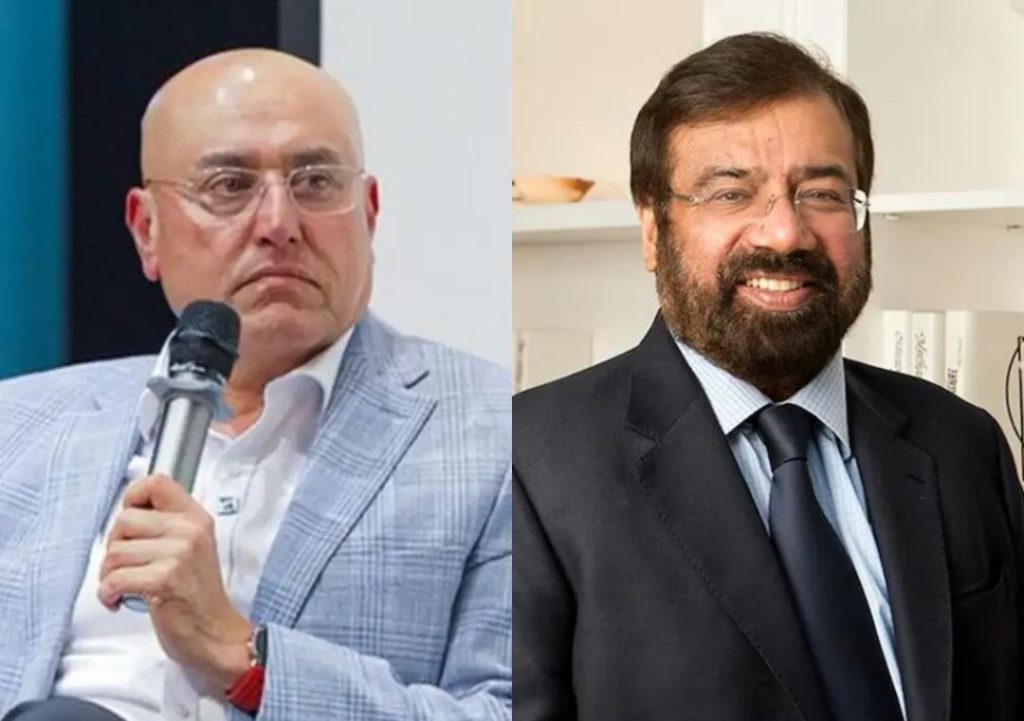
Hotmail Co-founder says “truth=anti-India”, Goenka replies “Living in US & lecturing us?”
In a recent social media post, Sabeer Bhatia, the co-founder of Hotmail, sparked a heated debate on social media by claiming that those who speak the truth in India are often labeled as “anti-national”. His statement has been met with strong reactions from many, including billionaire Harsh Goenka, who replied to Bhatia’s post with a sharp critique.
Bhatia’s original post read: “In India, anyone who speaks the truth is termed ‘anti-national’. Then who’s a national? The one who lies to you?” His statement has been widely shared and has sparked a lot of discussion on social media, with many people weighing in on the issue.
However, Goenka was not impressed with Bhatia’s comment, and responded with a tweet that has gone viral. “Living in California and lecturing a billion Indians back home? India doesn’t need sermons from those who packed up and left,” Goenka wrote.
Goenka’s response is a scathing critique of Bhatia’s comments, and has been widely shared and praised on social media. Many people have come out in support of Goenka, agreeing that India doesn’t need advice from people who have left the country to live abroad.
Bhatia’s statement is a common criticism of many Indians who have spoken out against the government or spoken truth to power. Many people feel that the government and its supporters are quick to label anyone who speaks out against them as “anti-national”, and that this is a threat to freedom of speech and expression.
However, others have argued that Bhatia’s statement is too simplistic, and that the issue is more complex than just labeling people as “anti-national” or “national”. Some have pointed out that the term “anti-national” is often used to silence dissenting voices, and that it is not a legitimate way to criticize someone’s views.
Goenka’s response has also sparked a debate about the role of Indians who have left the country to live abroad. Some have argued that people like Bhatia, who have left India to pursue their careers, have no right to comment on Indian politics or society. Others have argued that regardless of where someone lives, they have the right to express their opinions and views on issues that affect India.
This debate is not new, and has been ongoing for many years. Many Indians who have left the country to live abroad have been criticized for speaking out against the government or speaking truth to power. However, others have argued that these individuals have a right to express their opinions, regardless of where they live.
In conclusion, the debate sparked by Bhatia’s statement highlights the complex issues surrounding freedom of speech and expression in India. While Bhatia’s statement may have sparked a lot of discussion, Goenka’s response has also sparked a lot of debate and has raised important questions about the role of Indians who have left the country to live abroad.






